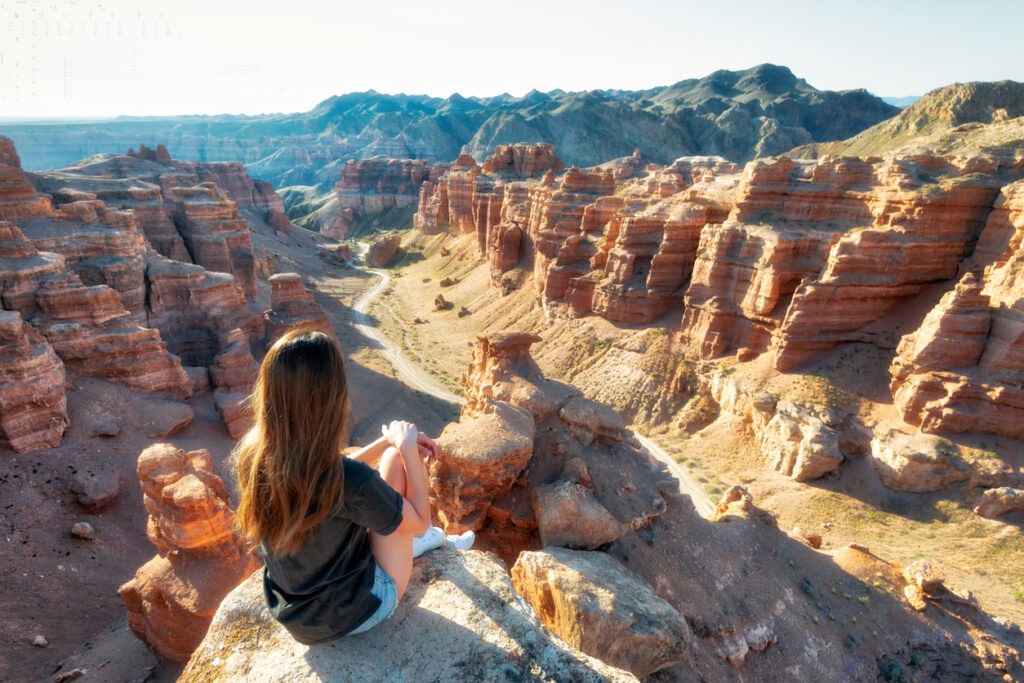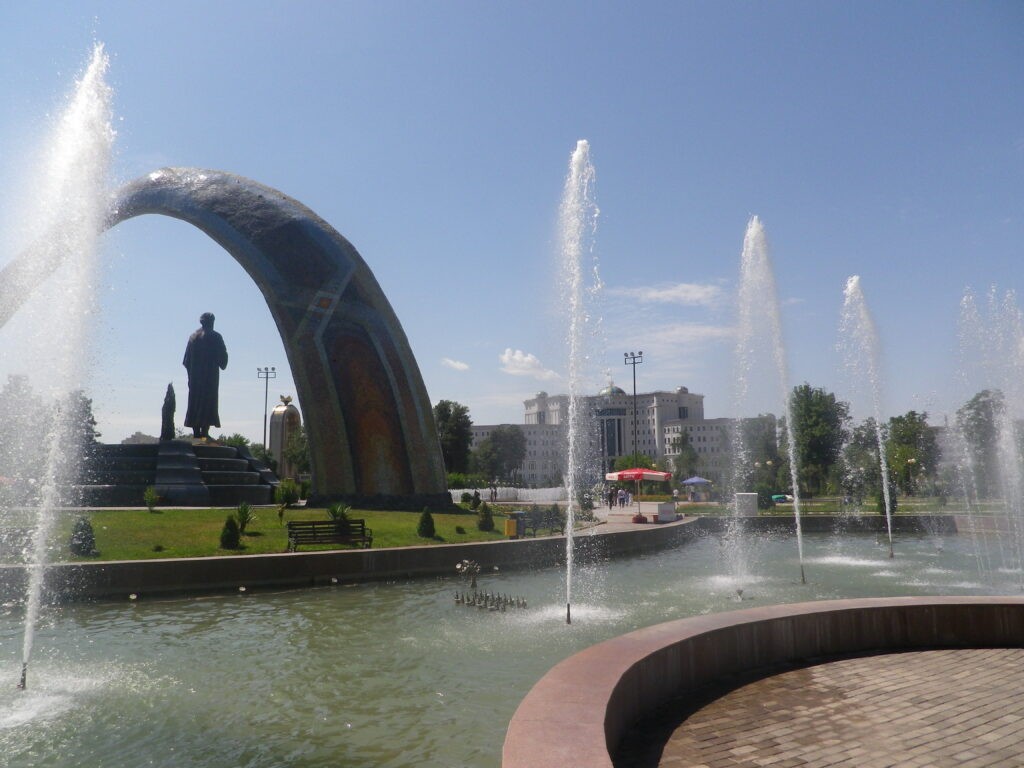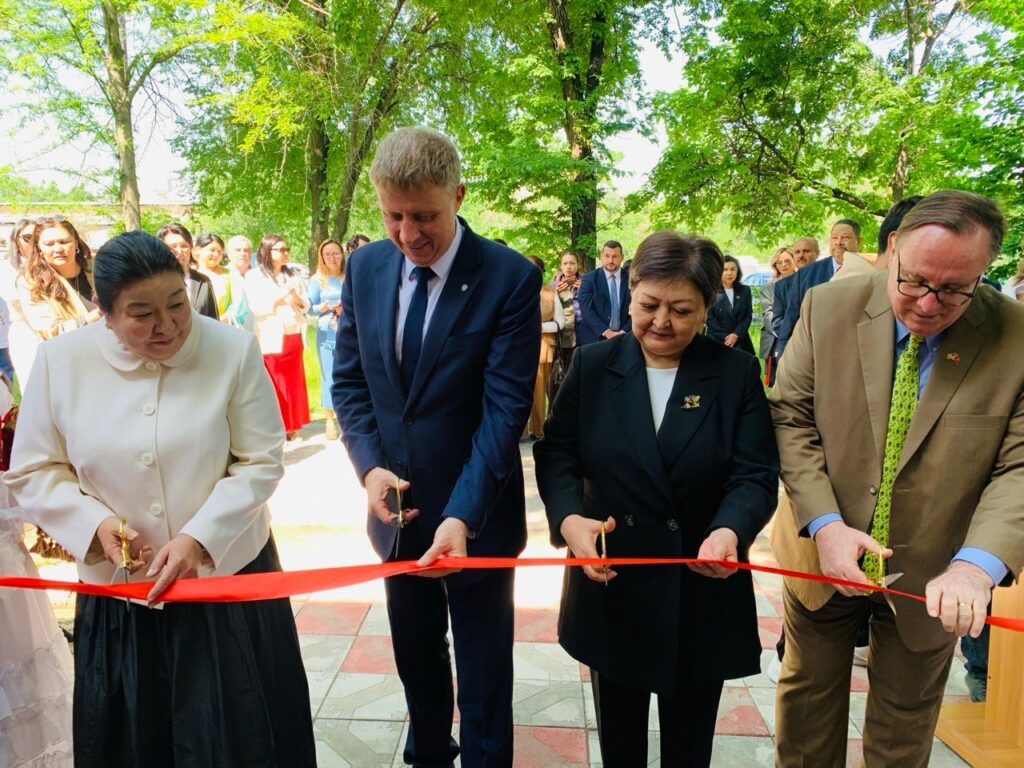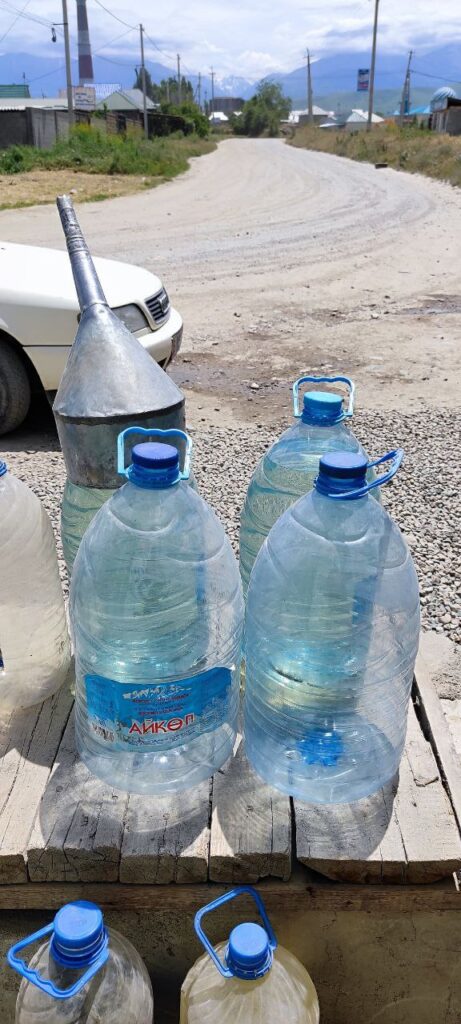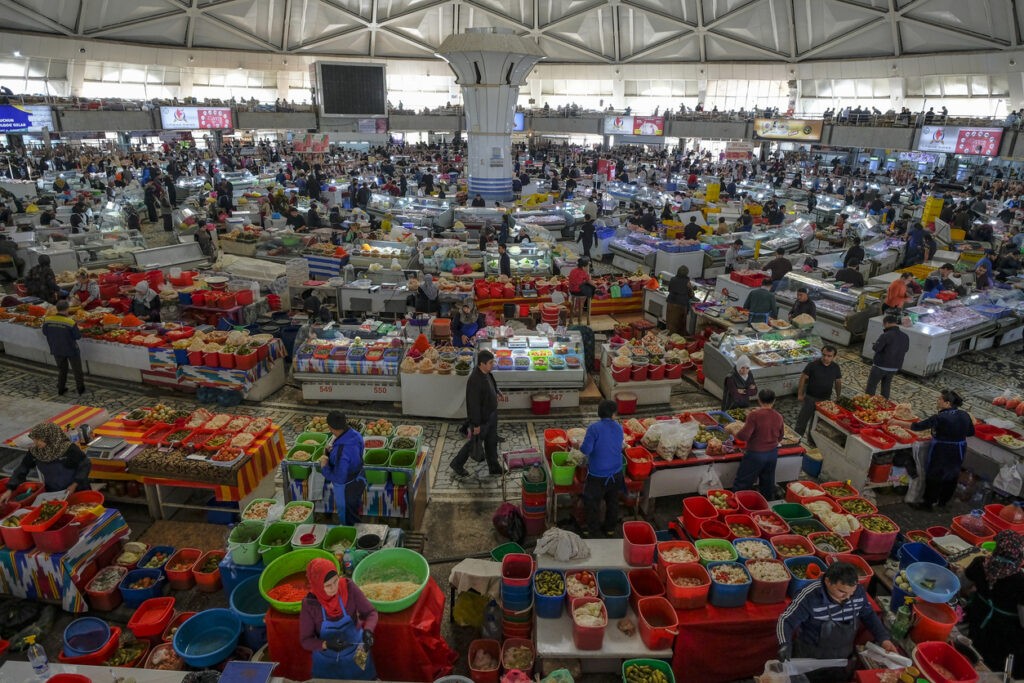World Economic Forum Names Kazakhstan Best Tourism Destination in Central Asia
The World Economic Forum recently announced the Travel and Tourism Development Index for 2024. In this rating, the USA took first place, followed by Spain and Japan, which took second and third place respectively. France, Australia, Germany, Great Britain, China, Italy, and Switzerland completed the top ten. The Times of Central Asia has reviewed this report on the scale of Central Asian countries.
When compiling the rating, 119 countries were considered in several categories: enabling environment, policy and condition, infrastructure and service, resources, and sustainability.
In this rating, Kazakhstan takes 52nd place with a score of 4.07. Kazakhstan’s healthcare infrastructure, accessibility, and health security are rated at 5.98 points; it occupies 23rd place in this category. Another high indicator of the country is its socio-economic impact, in which Kazakhstan took 5th place.
According to Kazakhstan’s Ministry of Tourism, 1,084,800 foreign tourists visited the country in 2023. This is 156,800 more people than last year.
“Our goal to develop the tourism sector in terms of quality is reflected in the rating improvement according to various criteria, including price competitiveness, quality of service, and socio-economic impact,” said Ermek Marjikpayev, minister of tourism and sports.
Uzbekistan takes 78th place in the rating, up from 94th in 2019. The indicators’ growth indicates that the country’s tourism initiatives are gradually improving. Uzbekistan records relatively good indicators in terms of price competitiveness (25), safety and security (26), socio-economic impact (33), and demand sustainability (40). The lowest indicator is the prioritization of travel and tourism. Uzbekistan’s potential in this regard is estimated at 3.30, occupying 105th place.
According to the Statistics Agency of Uzbekistan, 6.6 million tourists visited the country in 2023. During the year, citizens of the neighboring republics of Tajikistan, Kyrgyzstan, and Kazakhstan recorded the largest number of visits.
The Central Asian countries record a good result in terms of price competitiveness. Tajikistan takes 10th place in this direction; its overall capabilities are estimated at 3.42 points, and it takes 99th place among 119 countries. We can also see that the country’s capabilities are relatively good in the categories of demand sustainability (21), safety, and security (33). The lowest results are non-leisure resources (113) and openness to travel and tourism (111).
For reference, 1 million 256 thousand tourists visited Tajikistan in 2023, with 92.5% of them being citizens of the CIS. This is 20.2% more than in 2022.
Kyrgyzstan recorded the lowest indicator in the region with 3.38 points, occupying 102nd place. Although its results are low compared to those of the other countries in the region, it ranks 11th in terms of price competitiveness.
According to Nurgozi Toychuyev, the Kyrgyz representative for the economy ministry’s tourism department, the republic’s situation in the field of tourism is stable. “If we do not consider the coronavirus period, the number of tourists is increasing yearly. For example, at the end of 2023, Kyrgyzstan received 8 million 557 thousand foreign citizens,” he said.


